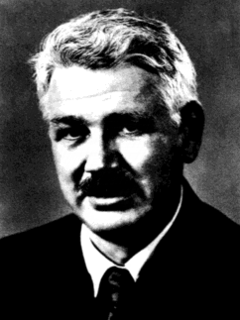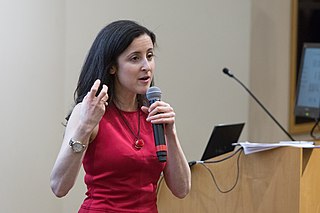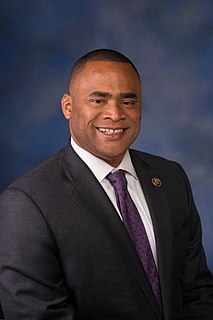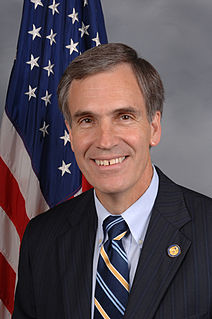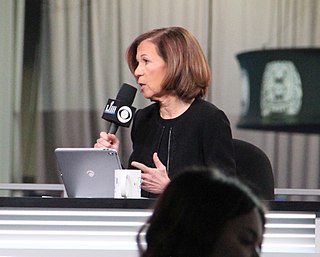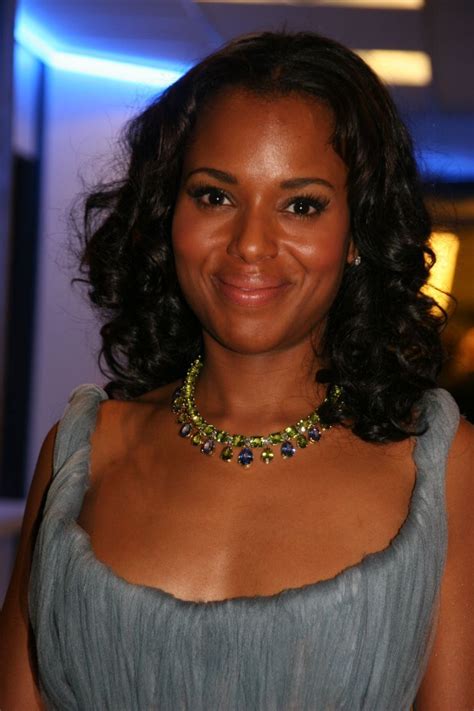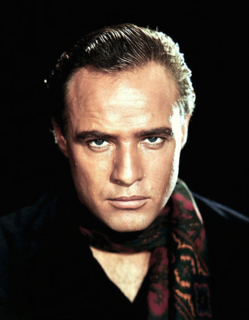A Quote by Bernie Sanders
Low-income people, racial or ethnic minorities, pregnant women, seniors, people with special needs, people in rural areas - they all have a much harder time accessing a dentist than other groups of Americans.
Related Quotes
The Jews cannot be classed as a 'race' per se, they are an ethnic group. '...the Jews form an ethnic group; that like all ethnic groups they have their own racial elements distributed in their own proportions; like all or most ethnic groups they have their 'look,' a part of their cultural heritage that both preserves and expresses their cultural solidarity...they have developed a special racial sub-type and a special pattern of facial and bodily expression.
We hear much of special interest groups. Well, our concern must be for a special interest group that has been too long neglected. It knows no sectional boundaries or ethnic and racial divisions, and it crosses political party lines. It is made up of men and women who raise our food, patrol our streets, man our mines and factories, teach our children, keep our homes, and heal us when we're sick - professionals, industrialists, shopkeepers, clerks, cabbies, and truck drivers. They are, in short, "We the people," this breed called Americans.
Most Americans living below the official poverty line own a car or truck - and government entitlement programs seldom provide cars and trucks. Most people living below the official poverty line also have air conditioning, color television, and a microwave oven - and these too are not usually handed out by government entitlement programs.
Cell phones and other electronic devices are by no means unheard of in low-income neighborhoods, where children would supposedly go hungry if there were no school-lunch programs. In reality, low-income people are overweight more often than other Americans.
The most significant moment will be when we stop referring to the hiring of qualified women (and racial, ethnic and religious minorities) as significant. In other words, when qualified people are hired without regard to race, gender, ethnicity, religious or other differentiating characteristics, that will be the most significant, indeed momentous, event of all.
I don't think that people generally realize what the motion picture industry has done to the American Indian, as a matter of fact, all ethnic groups. All minorities. All non-whites. People just simply don't realize. They take it for granted that that's the way people are going to be presented and that these cliches are just going to be perpetuated.

